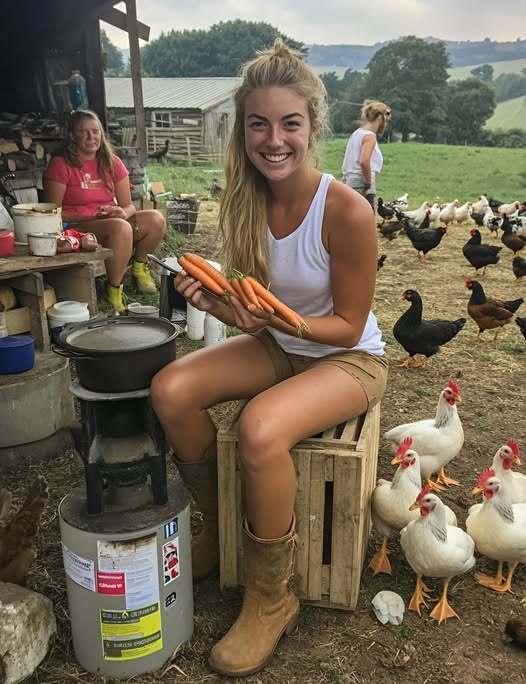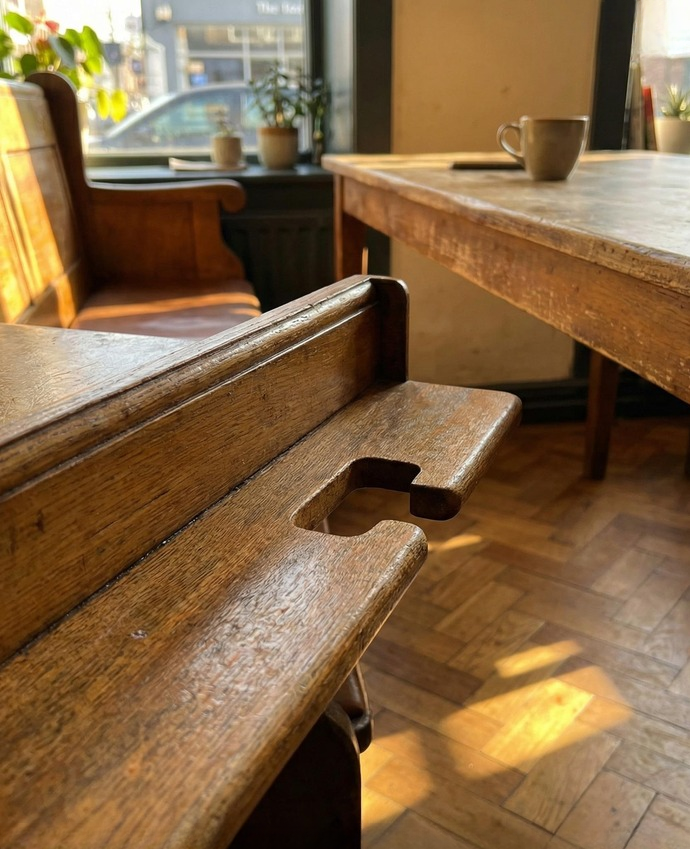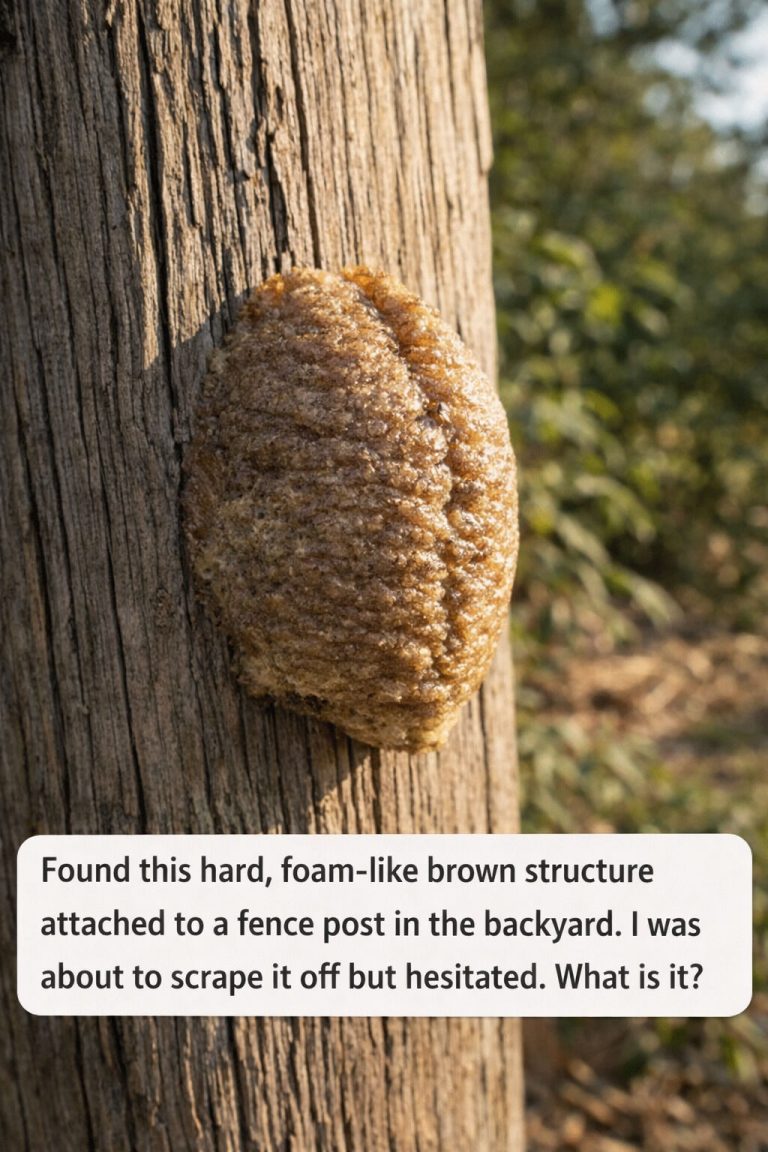
I grew up where the morning sky is still black when the day begins, where “vacation” means the county fair, and the air smells of sweet potatoes fresh from the earth. My parents work harder than anyone I’ve ever met—dirt under their nails, grit in their bones, pride in every callus.
I thought that kind of life earned respect.
I was wrong.
When I earned a scholarship to a private high school in the city, it felt like a dream. My big break. But on the very first day, I walked into homeroom in my cleanest jeans—still faintly carrying the scent of the barn—and a girl with a perfect, glossy ponytail leaned toward her friend and whispered,
“Ew. Do you live on a farm or something?”
I kept my head down. Pretended I didn’t hear. But the comments kept coming.
“What kind of shoes are those?”
“Wait—you don’t have WiFi at home?”
One boy smirked and asked if I rode a tractor to school.
So I stayed quiet. I buried myself in my studies and never mentioned home. But inside, the shame twisted like a knife—because back home, I wasn’t “that farm girl.” I was Mele. I could patch a tire, wrangle a chicken, and sell out our stall at the market before noon. My parents built something with their bare hands. Why did I feel like I had to hide it?
The turning point came during the school fundraiser. Everyone had to bring something from home to sell. Most kids brought store-bought cookies or crafts their nannies helped with. I brought six sweet potato pies—my family’s recipe, the one we bake every holiday.
They sold out in twenty minutes.
That’s when Ms. Bell, the guidance counselor, found me in the corner. She smiled and said something I’ll never forget… but before she could finish, someone else stepped up beside me—someone I never expected to speak to me, let alone ask that question.
Also Read : 9+ Stories That Remind Us to Be Kind Even When It’s Not Easy
It was Claire, the same girl with the glossy ponytail who had mocked me that first day. She looked at the empty table where my pies had been, then back at me.
“Do you… have any more?” she asked, almost shy.
I blinked, not sure I’d heard her right. “They’re all gone.”
She bit her lip, hesitated, then said, “Could I maybe… get the recipe? My grandma loves sweet potatoes, and yours tasted… well, better than anything I’ve had.”
For a moment, I just stared at her. The girl who had sneered at my boots and my barn-smell was now asking for my family’s recipe.
Something shifted inside me then. The shame I’d carried for so long loosened its grip. My parents weren’t less. I wasn’t less. These kids who had everything handed to them—they were the ones missing out. They couldn’t build, or fix, or grow. They couldn’t create something so good it sold out in minutes.
I smiled, not in spite but in pride. “It’s not just a recipe,” I said. “It’s work. It’s soil, and sweat, and early mornings. If you want it, you’ll have to come to the farm and learn how it’s really done.”
Claire blinked, surprised. For the first time, she didn’t look like the perfect city girl who thought she was better than me. She looked curious. Almost humbled.
And in that moment, I realized something: I didn’t have to hide where I came from. My roots weren’t a weakness. They were my strength.
A Week Later
I honestly didn’t think she’d show up. But there she was, stepping out of a shiny black SUV that looked wildly out of place on the gravel driveway leading to our barn.
Claire wore spotless white sneakers and a designer jacket, clutching her phone like it was oxygen. She wrinkled her nose as the scent of hay and soil hit her, but to her credit, she didn’t turn back.
“Okay,” she said, trying to sound confident. “Teach me.”
My mom chuckled from the porch. “Teach you what? To farm or to bake?”
“Both,” Claire admitted, her voice smaller than I’d ever heard it.
So we put her to work.
At first, it was almost funny—watching her flinch when a chicken darted past her legs, or shriek when her sneakers sank into the mud. She fumbled with the feed buckets, whined about the smell of manure, and nearly dropped an egg basket.
But as the day wore on, something shifted. She started laughing at herself, brushing off the dirt without complaint. By the time we moved into the kitchen, she was rolling out pie dough with flour streaked across her face, focused in a way I’d never seen at school.
When the pies came out of the oven—golden, steaming, perfect—she sat at the table, sweaty and tired, and bit into a slice. Her eyes widened.
“It tastes different,” she whispered. “Better.”
My dad grinned. “That’s because you earned it.”
For once, Claire didn’t have a comeback. She just nodded, chewing slowly, like the weight of the lesson had sunk in.
Two Weeks Later at School
Claire surprised everyone at lunch by pulling out a homemade sweet potato hand pie. When someone teased her—“Since when do you eat farm food?”—she simply smiled and said,
“Since I learned how hard it is to make something real.”
Her words landed heavier than she realized. A few heads turned toward me, and for the first time, no one laughed or whispered.
They just looked… thoughtful.
And in that moment, I knew I didn’t have to defend who I was anymore. My life, my family, my roots—they spoke for themselves.
Because being a farmer’s daughter didn’t make me less. It made me more.



